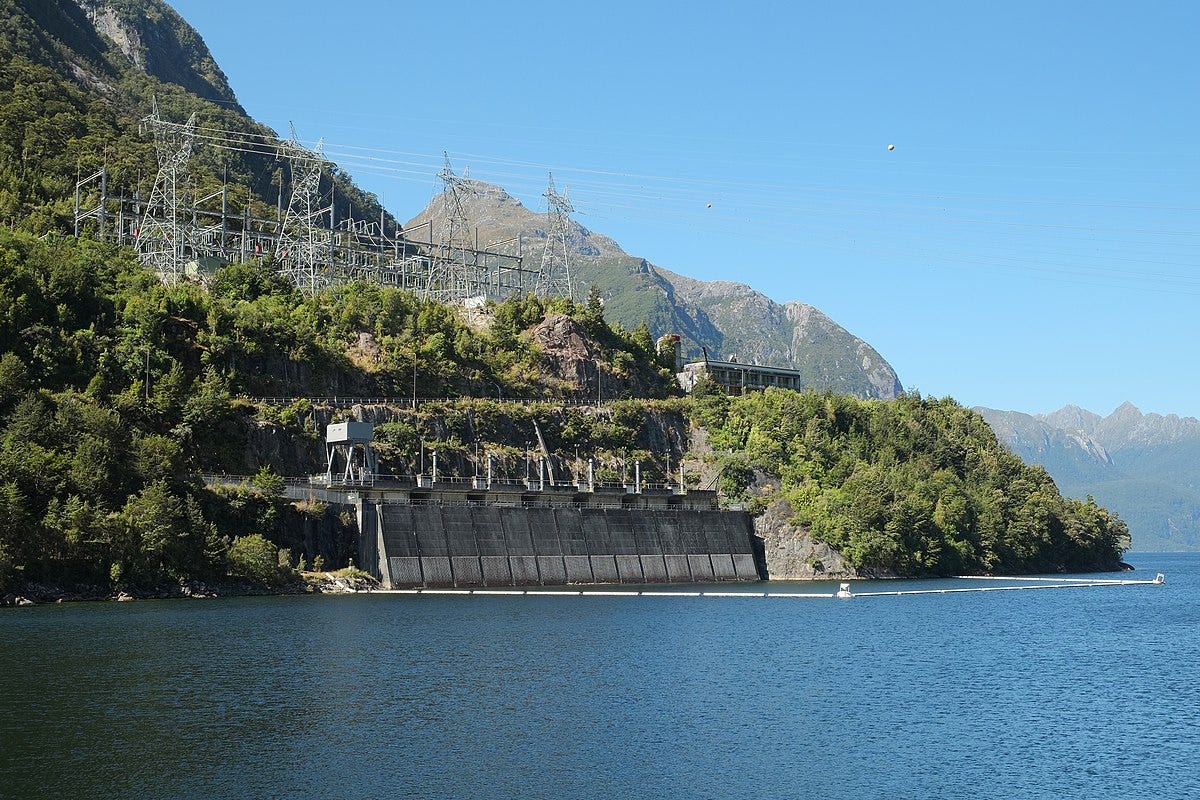Blow to Southland as Green Hydrogen project paused
The Southern Green Hydrogen Project was a key pillar in the Just Transition quest which looked at diversifying Southland's economy when talk of the closure of the smelter took place.

Southland’s quest to diversify its economy has been dealt a blow with Meridian Energy announcing it is pausing a Southern Green Hydrogen project.
This initiative, central to New Zealand’s renewable energy strategy, was set to become one of the world’s largest green hydrogen production facilities based out of Southland.
It was also a key pillar in the “Just Transition” quest which looked at diversifying Southland’s economy when talk of the closure of the smelter at Tiwai Point took place.
As part of the Beyond 2025 Southland Regional Long-Term Plan it estimated the Southern Green Hydrogen Project could provide 140 jobs and $760 million annually to the Southland GDP.
The construction of the plant would have also provided a significant boost over a five-year period.
The good news is Rito Tinto has since committed to at least another 20 years operating the smelter on the back of another energy deal which is a significant plus for Southland.
The Southern Green Hydrogen project was envisioned as a transformative opportunity for Southland, leveraging the Manapōuri hydroelectric plant to produce green hydrogen or ammonia for domestic use and export, particularly to Asian markets.
Meridian Energy had chosen Woodside Energy as its preferred partner to move the large Southern Green Hydrogen (SGH) project into the development stage.
Woodside was selected after a lengthy competitive bidding process.
Meridian Energy has attributed the pause of the Southern Green Hydrogen project to global inflationary pressures, increased renewable energy costs, and the significant capital investment needed for hydrogen facility construction. Additionally, the slower-than-expected development of market mechanisms to bridge the gap between production costs and customers’ willingness to pay a premium price has posed challenges to the project’s viability.
While Meridian still recognises New Zealand’s strong potential in the global green hydrogen market, they have concluded that current economic conditions are not conducive to proceeding.
Meridian Energy CEO Neal Barclay said the company will monitor the market and continue negotiations as conditions improve.
“We believe Southern Green Hydrogen remains well-placed to be a competitive green hydrogen opportunity, compared to other projects and jurisdictions. We will review the opportunity to progress the project when the time is right,” Barclay said.
Despite the pause, the Southland Business Chamber remains optimistic about Southland’s future in renewable energy.
They say the region’s strategic advantages - including its established renewable energy infrastructure and potential for large-scale production - continue to position Southland as a key player in New Zealand’s transition to a low-carbon economy.
Southland Business Chamber CEO Sheree Carey said: “We recognise the extensive work and partnerships formed over the past few years as part of this project.
“These efforts have reinforced Southland’s role in the renewable energy landscape, and we are confident that, when economic conditions align, this project will be revisited with renewed focus and commitment.”
“The Chamber will continue to support initiatives that drive economic diversification and leverage Southland’s natural advantages.”
Carey said Meridian had not ruled out future collaborations with the project’s partners saying the relationships established during this project have created a strong foundation for future opportunities in the green hydrogen sector.
“The Southland Business Chamber stands ready to support any future endeavours that contribute to the region’s economic resilience and sustainability.”







Love the news-speak for 'we finally figured out what any competent engineer could have told us, it'll never be a commercial proposition': "the slower-than-expected development of market mechanisms to bridge the gap between production costs and customers’ willingness to pay a premium price has posed challenges to the project’s viability." It's not like they didn't know a while ago: bit.ly/NS_MESS